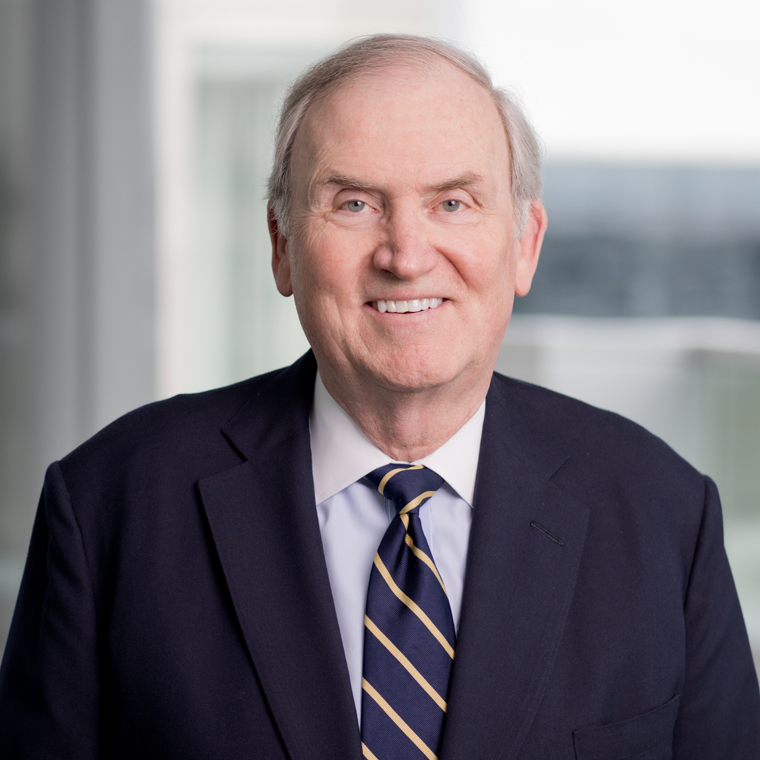In an article by Robert Kimmitt, senior international counsel and co-chair of WilmerHale’s Crisis Management and Strategic Response Group, former deputy Treasury secretary, and ambassador to Germany, he writes about the need for the Secretary of Treasury to be made a statutory member of the National Security Council.
Janet Yellen is a woman of firsts, including as Chair of the Federal Reserve and soon as Secretary of the Treasury. She will also be the first Treasury Secretary confirmed as a statutory member of the National Security Council, which will lead members of the Senate Finance Committee to explore a broader array of topics than ever before during her confirmation hearing on January 19.
Established in 1947 at the dawn of the Cold War, the National Security Council, for its first 70 years, had only four statutory members – the President, Vice President, Secretary of State, and Secretary of Defense – and two statutory advisors – the Chairman of the Joint Chiefs of Staff and Director of the CIA (later the Director of National Intelligence). In recent years, other Cabinet officials, including the Secretary of the Treasury, were invited to attend most (but not all) NSC meetings, but the meetings could proceed without them if they were unavailable.
Going back to the Gerald Ford Administration, there were attempts by the Congress to add the Secretary of the Treasury to the NSC, but the suggestion was resisted by successive Administrations. That resistance was manifest even during the very collaborative transition between Presidents George W. Bush and Barack Obama. Like most Administrations, the Bush 43 NSC process had a “Small Group,” which discussed the most sensitive national security issues. As Deputy Secretary of the Treasury, I was part of that Small Group, but, when the Bush Small Group met with the Obama transition team, I was asked not to attend because the Obama team did not expect Treasury to be part of its most sensitive deliberations.
With that institutional rebuff in mind, I recommended in testimony before Congress in 2016 and 2017 that the Secretary of the Treasury be made a statutory member of the National Security Council, to ensure that economic and financial dimensions of national security policy were considered as carefully as traditional diplomatic, military, and intelligence dimensions. In 2018 Congress included a provision in the Foreign Investment Regulatory Review Modernization Act to do just that.
While some may see this development as merely bureaucratic or procedural, in fact it is quite substantive. Secretary Stephen Mnuchin has played a more direct, more active role in the work of the National Security Council than any of his predecessors, and I expect the same to be said of Secretary Yellen.
